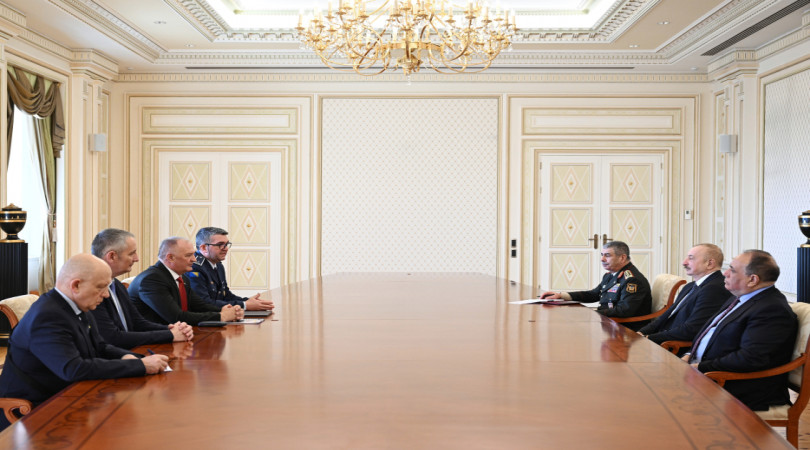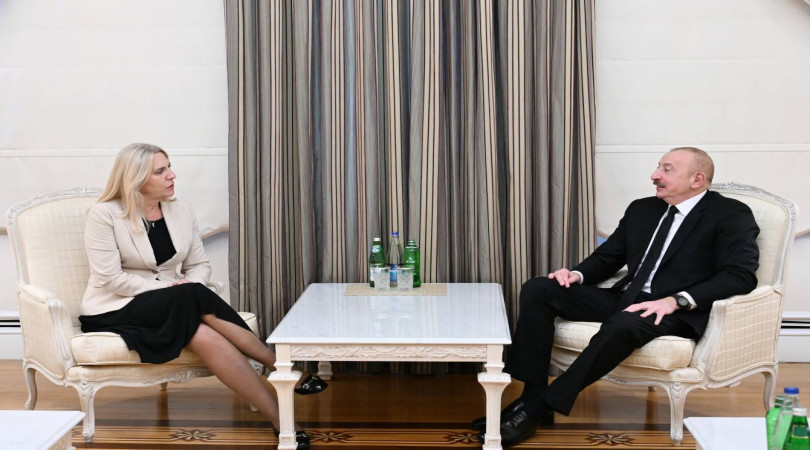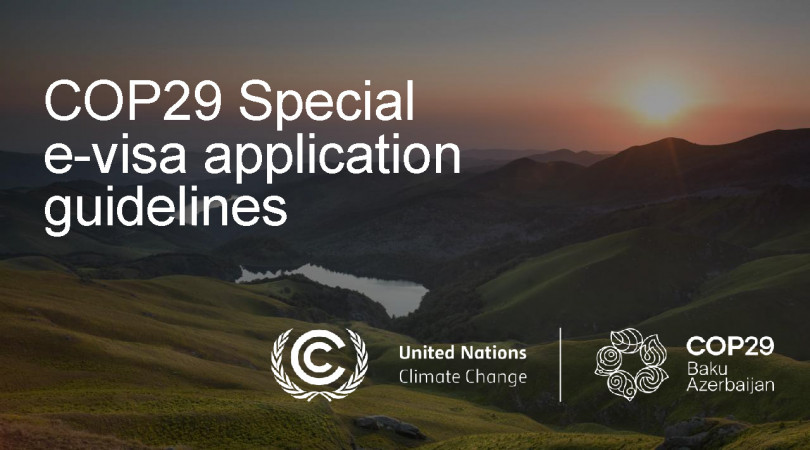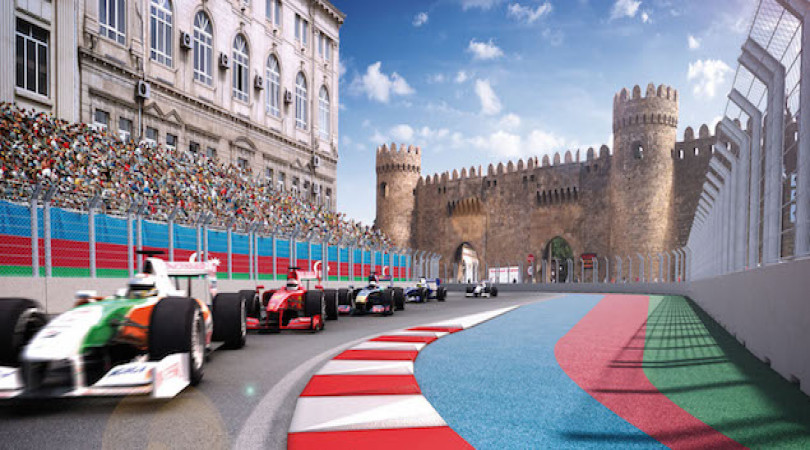Speech by Foreign Minister Elmar Mammadyarov at the 10th Informal Ministerial Meeting of the Eastern Partnership countries
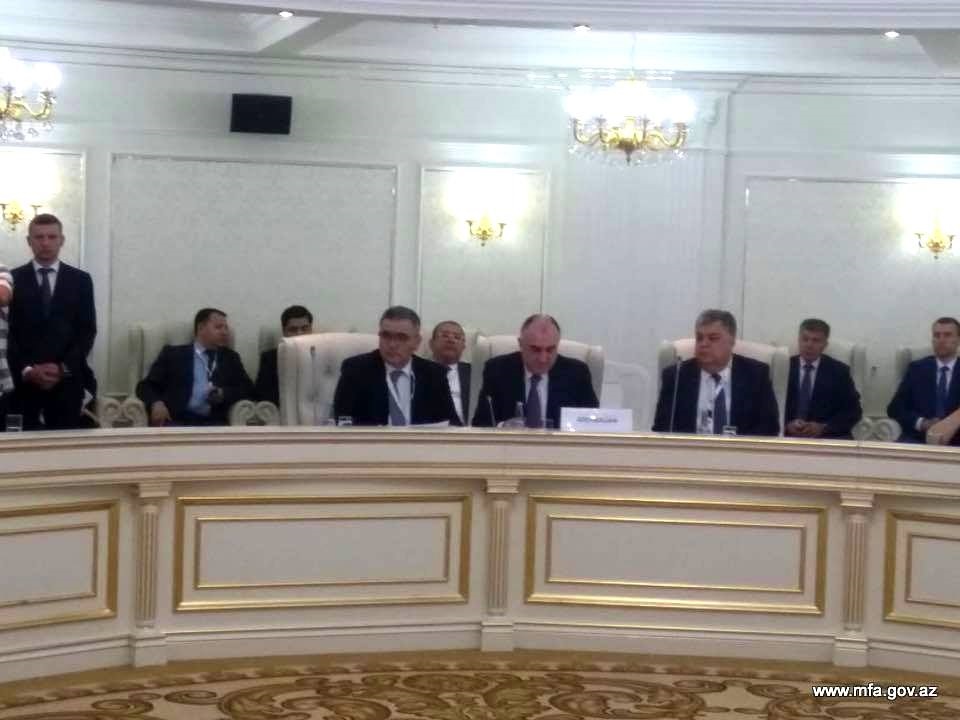 Dear Minister Mr. Makei,
Dear Minister Mr. Makei,
Dear Commissioner Hahn,
Dear colleagues,
I am happy to be back in Minsk and be a guest to my friend Mr. Makei, to whom I am grateful for a warm hospitality and an excellent organisation of today’s meeting. This meeting comes at a very interesting time. Interesting in terms of not only our cooperation agenda with the EU, but also most recent regional developments.
Building on our shared objective to enhance cooperation in the field of connectivity and ICT, Azerbaijan also actively participated yesterday in an informal meeting of the Ministers of Communication. I would like to commend our friends from Belarus for coming up with an interesting topic for that ministerial meeting.
I know that we hold such informal meetings with an objective to have an informal exchange of views and deliberations. However, today we have a very specific thematic agenda. So, I will express my opinion in a structured fashion to cover the theme.
Let me start by Taking forward the Eastern Partnership and delivering on commitments:
2017 proved to be a productive and promising year for advancement of our cooperation agenda with the EU. The visit of the President of Azerbaijan to Brussels in February 2017 played a crucial enabling role in this regard. Official launch of negotiations process on a new bilateral document and high level statements from both sides indicated mutual ambitions about stepping up our efforts to enhance the cooperation.
EaP Brussels Summit proved that cooperation within EaP should be based on realistic considerations of challenging situation in the region and focus on the benefits and potential value-added that EaP could bring. Revised EaP multilateral architecture and “20 Deliverables by 2020” enable us to concentrate on pertinent areas of cooperation with clear cut goals, aspirations and timeframes for their implementation.
As we have also reshaped EaP’s multilateral architecture, the ability of the EaP to deliver in a multilateral track assumes ever greater importance. For Azerbaijan multilateral and bilateral tracks of EaP are complementary to each other. Azerbaijan advocates for advancement of a multilateral track through practical implementation of feasible and tangible projects in areas of shared interest, which could deliver concrete results through concrete actions. Cooperation adapted to the economic potential and specific goals of each partner state would be more efficient in realization of the new ENP principles of differentiation, flexibility, focus and greater ownership.
The success of EaP Foreign Ministers’ meeting in October this year will be weighed by tangible results reached in a multilateral track. The upcoming meeting should reflect on best experiences and efforts put forward in realization of multilateral initiatives and projects and should identify key political challenges that hamper further progress.
Unique participatory framework of the Southern Gas Corridor (SGC) - involving diverse stakeholders from EaP region, as well as EU member states and candidate countries is a best indication that such projects could be crucial in revitalizing multilateral partnership frameworks.
An official ceremony marking the inauguration of the Southern Gas Corridor was held on May 29, 2018 at the Baku Sangachal Terminal. President of Azerbaijan Ilham Aliyev attended the ceremony and opening a symbolic valve formally inaugurated the SGC value chain across Azerbaijan and Georgia aimed at delivering first commercial gas to Turkey.
The ground-breaking ceremony for TANAP - another important segment of the Southern Gas Corridor was held in June 12 in Eskisheher, Turkey. The attendance of the Presidents of Azerbaijan, Georgia, Turkey, Ukraine and Serbia proved once more that SGC is a unique project of energy security with right balance of interests between producers, transit countries and consumers, including potential ones.
Overall progress to the 1st Gas under Shah Deniz Stage 2 project is over 99.0%, Southern Caucasus Pipeline Expansion project - 100.0% (to the 1st Gas), TANAP project – 94.0% and TAP project – 75%. The final phase of construction works is successfully progressing. The construction of the Greek section of the Trans-Adriatic Pipeline (TAP) will be completed this November. All engineering and physical tests will be carried out by mid-2019, and in 2020 the project will be ready for a commercial operation.
We believe that such cooperation frameworks may be deployed in other areas of common interest, particularly in the fields of transport and connectivity. In this regard, a recent extension of the indicative maps of the Trans-European Networks (TEN-T), which was finalized on the sidelines of Brussels Summit, today can provide a solid platform to enhance our transport and trade dialogue. Today, Azerbaijan is an architect of some major transport projects across the wider region, including EU’s neighbourhood. Together with our partners, we promote East-West, North-South and South-West corridors. Newly commissioned Baku-Tbilisi-Kars strategic railway connecting Asia with Europe is a starting point and provider of economic boost to the region. Another point is a completion of the first phase of the Baku International Sea Trade Port. Not stopping there, few days ago we adopted the legislation on establishing a Free Economic Zone in Alyat, which will help to transform Azerbaijan in few years into a regional trade-logistics distribution and transportation hub. All our efforts lead to a win-win situation for all our neighbours and partners who are willing to develop friendly and strategic relations with Azerbaijan.
Promotion of the mobility and people-to-people contacts is another important dimension of our interaction with the EU. We do believe that the successful implementation of readmission and visa facilitation agreements should pave the way for launching the dialogue on visa liberalization between the EU and Azerbaijan. It is fully in line with the Joint Declaration of the EaP Brussels Summit where the EU undertook to consider in due course the opening of Visa Liberalization Dialogue with Azerbaijan. We are confident that the visa-free travel will bring important benefits for citizens on both sides, as it will reinforce political, social, cultural and economic ties between EU and Azerbaijan as well as further strengthen people-to-people contacts.
Dear colleagues,
We have to admit that better coordinated efforts and shared commitments are needed to meet remaining goals and deliverables. So far the principle of shared ownership has been mostly defined as the responsibility of partner countries. EaP should remain as a “three-way street” engagement where interested individual EU member states along with the EU and partner countries should take active role in contributing to the EaP objectives. There should be a place for complimentarity.
Active engagement in the neighbourhood is primarily about achieving security in a wider geographical area, upholding the fundamental principles of international law and pursuing shared interests. According to the EU Global Strategy for Foreign and Security Policy, peace and security are indivisible from sustainable and inclusive development, the respect of global norms and rules-based international systems. This EU strategy mentions EU’s responsible engagement to act globally and regionally in order to address the root causes of conflicts. It calls the EU to engage more systematically on the security dimension of the conflicts in full compliance of international law.
Future of EaP strongly depends on maintaining security, peace and stability in the Region suffered from conflicts. Today the sovereignty and territorial integrity of four out of six EaP participating states continue to be undermined due to the existing conflicts.
Brussels Summit Declaration demonstrated general and coherent approach on peaceful resolution of all conflicts in the EaP region, as well as reflected on important principles of international law in line with the EU Global Strategy. We believe it is a minimum of what EU can do. It was also a matter of EU’s consistency and credibility in its foreign policy. It shouldn’t stop just there in words. It should be preserved and streamlined in all documents on all levels and in all frameworks – be they global or regional.
While talking about peace Armenia should also be committed to deoccupation of Azerbaijan's lands. It will also be better to hear Armenia's commitment security. Enough is enough. As regards of people to people contacts dialogue between Armenian and Azerbaijani communities of Nagorno-Karabakh region of Azerbaijan has to be considered.
Dear colleagues,
Now let me turn to Multiannual Finance Framework priorities and the External Investment Plan and share Azerbaijan’s expectations in that sub-field of our cooperation.
Financial cooperation remains a cornerstone of the EU’s relations with Azerbaijan. Our country has been a champion of Twinning projects in theregion which played an instrumental role in creating closer synergy between policy work and financial assistance. Single Strategic Framework forthe EU support to Azerbaijan for the period 2014- 2017 has contributed to the realization of key governmental policies, such as regional and ruraldevelopment, justice sector reform, education and skills development complemented by support for capacity development and institution building.
We welcome the EU’s solid cooperation in the implementation of ambitious reform agenda of the government to diversify its economy and movetowards a private sector led growth model as identified in Strategic Roadmap on national economy and basic sectors of economy. We look forward toseeing more projects similar to the “EU4Lankaran” which aims to develop entrepreneurial activities and investment opportunities in rural areaswith a view of enabling access of local production to foreign markets.
The future programming of the the EU’s financial assistance for Azerbaijan will be guided by Partnership Priorities. We are close toconclude negotiations and hope to sign it soon. The document will focus on far-reaching objectives of the EU-Azerbaijan cooperation which in thelong run will allow sides to increase the absorption rate of the EU funds allocated in the new phase of Multiannual Financial Framework. So far,Azerbaijan has largely benefited from specific programs of this Framework such as Connecting Europe Facility through which TANAP received fundingfor actions covering detailed engineering for the Pipeline Security System. Territorial Cooperation under the European Neighborhood Instrument isstrengthening cross-border contacts between local authorities and communities of Azerbaijan and Georgia for the development of joint solutions tocommon social and economic challenges in the bordering regions.
We regard the External Investment Plan as an ambitious and overarching long-term financial strategy of the EU towards Eastern neighborhoodthat will go beyond classical development assistance. Azerbaijan also indirectly benefitted from EU’s Connect Europe Facility (CEF) for regional cross-border projects, which except for Azerbaijan, also include EU’s other partner countries. Bankable projects will definitely play a critical role inattracting EU funding and Azerbaijan is very well-placed in this regard. We look forward to working with our European partners in order to makebest use of facilities under External Investment Plan in this regard.
On the other hand, EU’s political or financial engagement with partner countries should not lead to a disruption of partner countries’ own regional agenda but instead, support their traditional strategic relations and projects.
In conclusion, let me express our confidence that EU and partner countries’ long-term interests demand that our relations continue to be close. There is huge untapped potential in number of areas and we have many reasons to remain strong partners. We cannot afford that the Summit declarations remain only on paper and in a disconnect from the situation on the grounds.
I and my team stand ready to further discuss with you the points which I have mentioned above. I believe that today’s meeting will serve our shared objectives to enhance and streamline main components of our cooperation within EaP.
Thank you.

.jpg)
